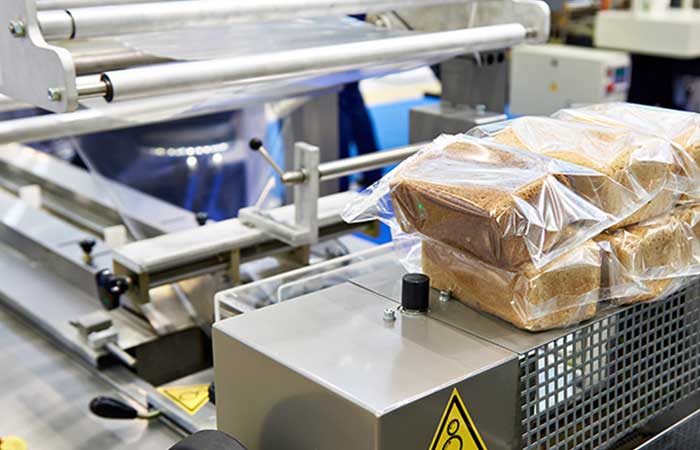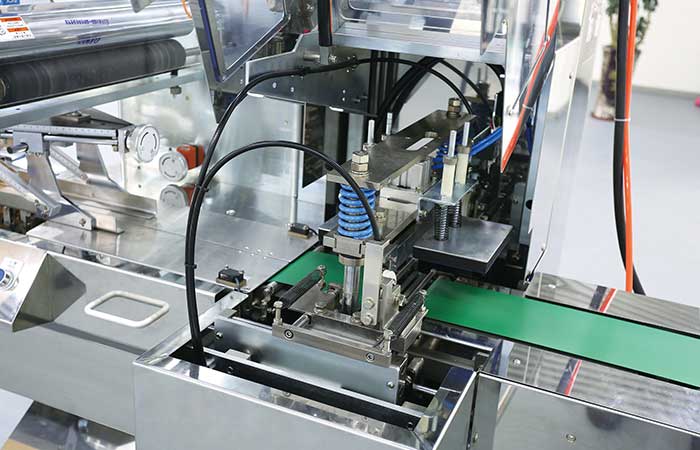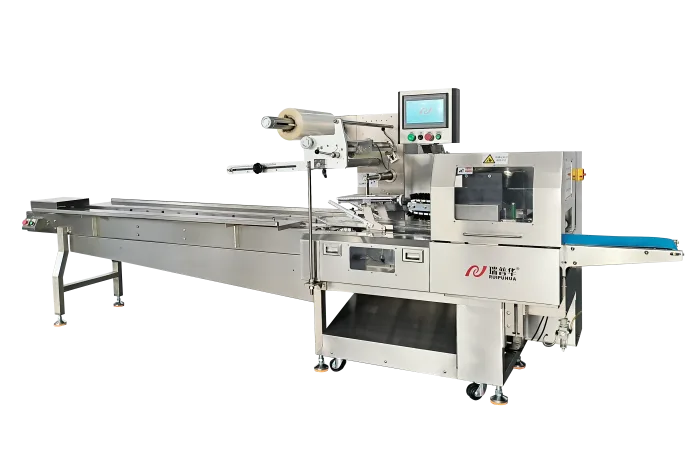Which Package Manager Does a Debian Machine Use?
Exploring Package Management on Debian
Debian-based systems are known for their robust package management. One of the key features that sets Debian apart is its package manager, which plays a crucial role in the overall stability and efficiency of the operating system. In this blog post, we will delve into the world of package management on Debian machines and explore the tools and processes that make it all possible.
A Deep Dive into APT
APT (Advanced Package Tool) is the default package manager on Debian-based systems. It enables users to install, update, and remove software packages with ease. APT employs a sophisticated dependency resolution algorithm to ensure that all software dependencies are met during the installation process, making it a reliable choice for system administrators and everyday users alike.
Understanding Package Repositories
Package repositories are central to the package management ecosystem on Debian. These online repositories house a vast collection of software packages that users can install on their systems. By configuring the sources.list file, users can specify which repositories they want to pull packages from, giving them flexibility and control over their software installations.
Diving into Packaging Formats
Debian packages come in the form of .deb files, which contain all the necessary files and metadata needed for installation. The dpkg tool is used to install these packages manually, providing users with a way to add software to their systems outside of the APT ecosystem. Understanding packaging formats can give users a deeper insight into how software is distributed and managed on Debian machines.
Exploring Alternatives to APT
While APT is the go-to package manager for most Debian users, there are alternative package managers available that offer different features and workflows. Tools like aptitude and synaptic provide graphical interfaces for package management, catering to users who prefer a more visual approach to software installation. Exploring these alternatives can help users find the package manager that best suits their needs.
Enhancing Package Management with DPKG
DPKG is the low-level package management tool that underpins the APT system. Understanding how DPKG works can give users a deeper appreciation for the intricacies of package installation and removal. By learning how to interact with DPKG directly, users can troubleshoot package-related issues and gain more control over their software installations.
-
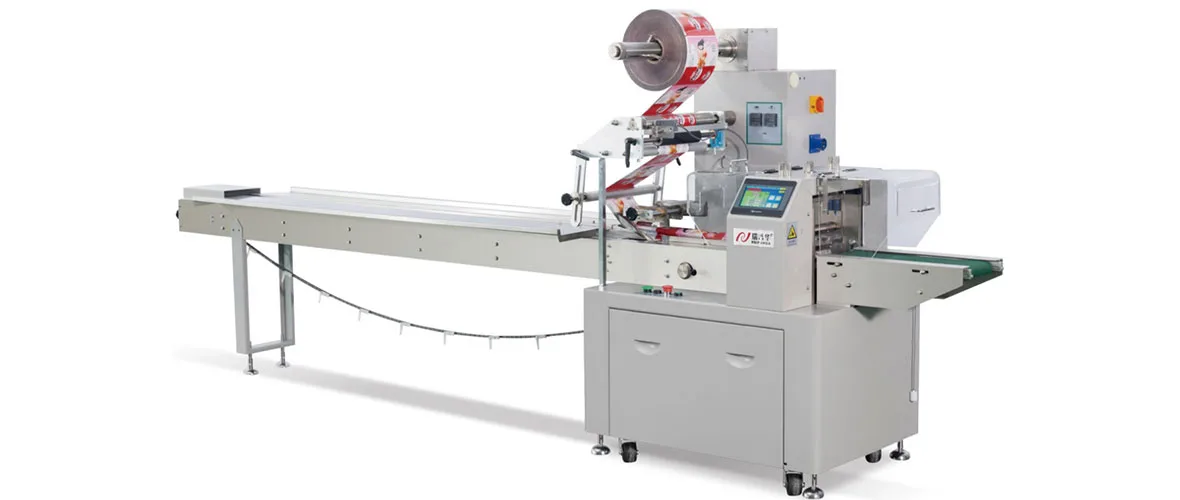 01
01Packaging Machinery: Beyond Sealing, Driving an Efficient, Smart, and Sustainable Future
21-01-2026 -
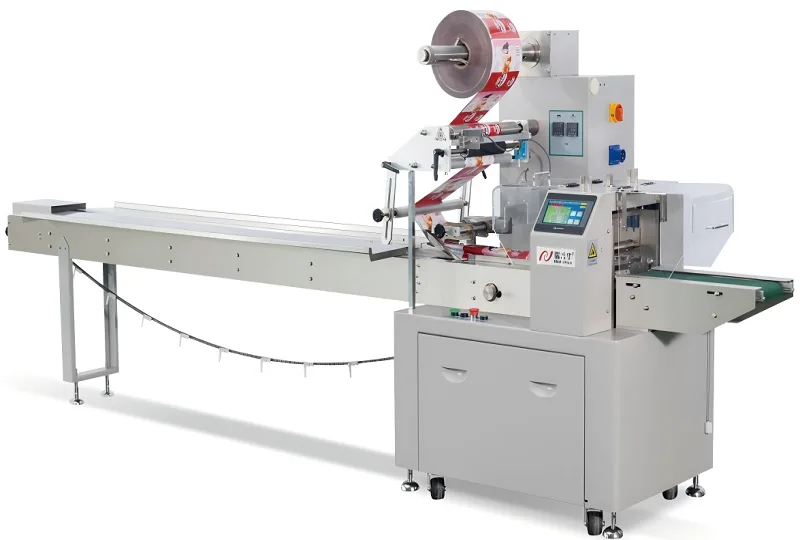 02
02Automatic Tray Loading and Packaging Equipment: Boost Efficiency to 160 Bags/Minute
21-11-2025 -
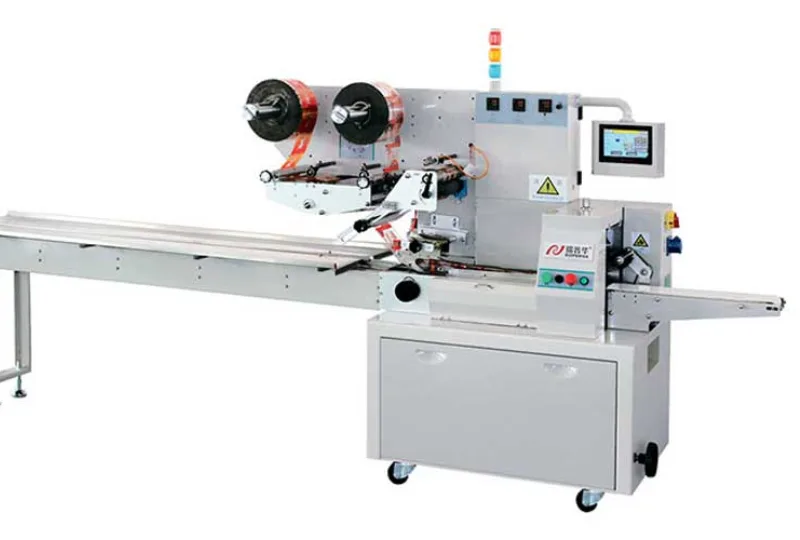 03
03Automatic Soap Packaging Machine: Boost Productivity with 99% Qualification Rate
21-11-2025 -
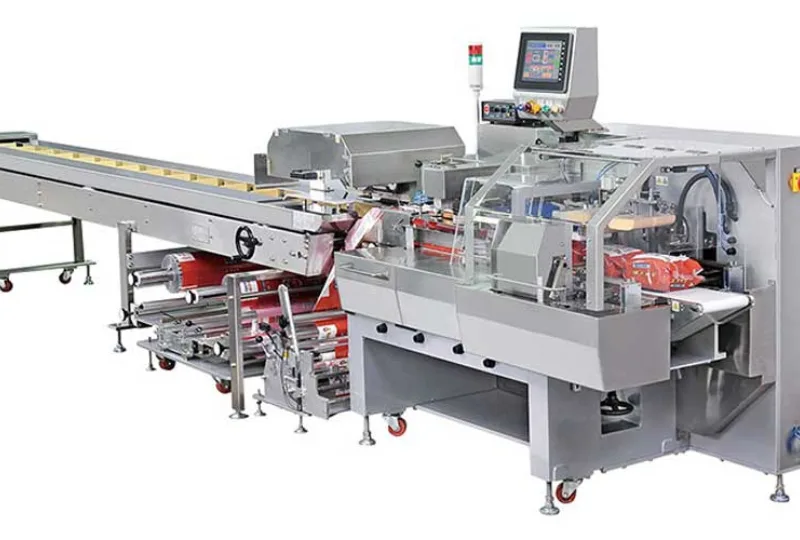 04
04A Deep Dive into Automatic Toast Processing and Packaging System
18-11-2025 -
 05
05The Future of Bakery Production: Automated Toast Processing and Packaging System
18-11-2025 -
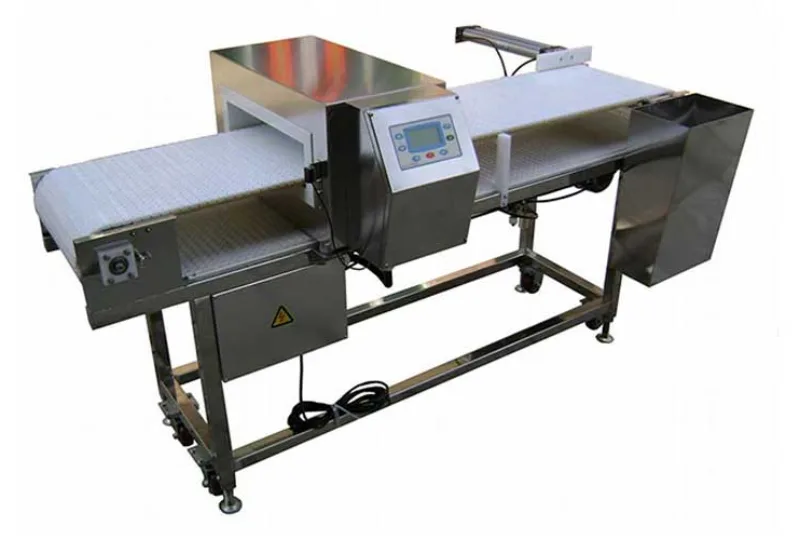 06
06Reliable Food Packaging Solutions with China Bread, Candy, and Biscuit Machines
11-10-2025 -
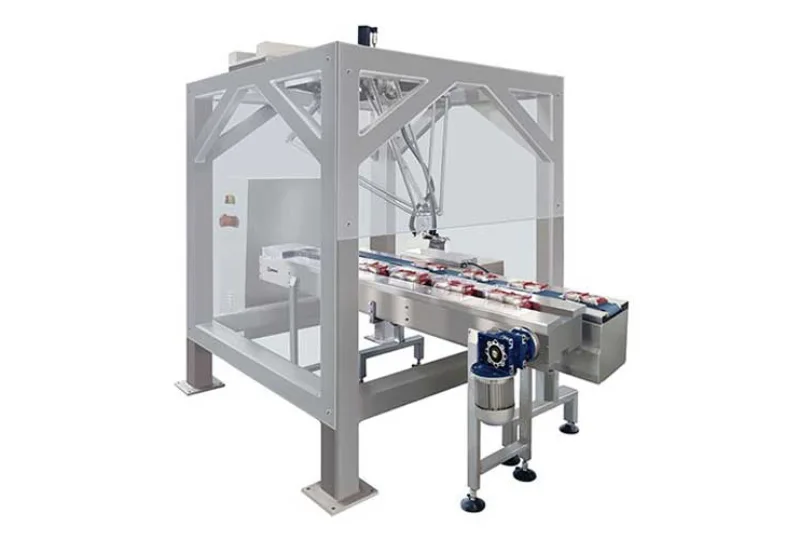 07
07High-Performance Automated Food Packaging Equipment for Modern Production
11-10-2025 -
 08
08Reliable Pillow Packing Machines for Efficient Packaging Operations
11-10-2025 -
 09
09Advanced Fully Automatic Packaging Solutions for Efficient Production
11-10-2025 -
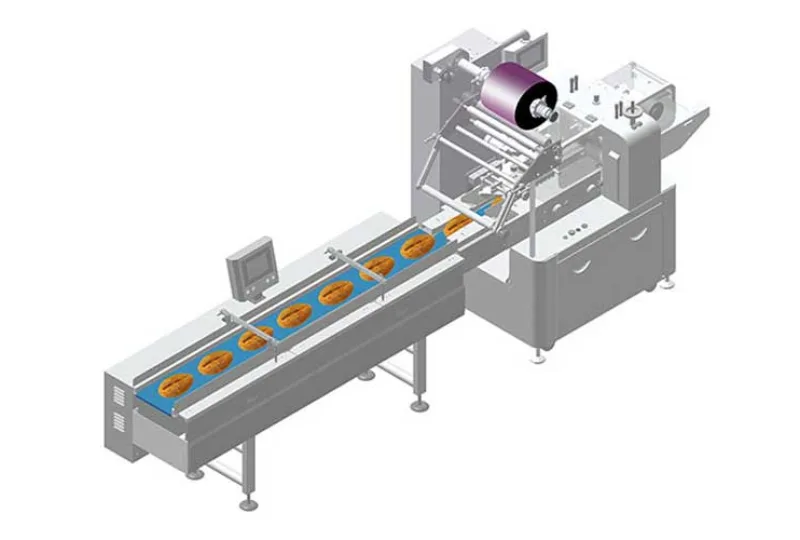 10
10Efficient Automatic Food Packaging Solutions for Modern Production
11-10-2025



